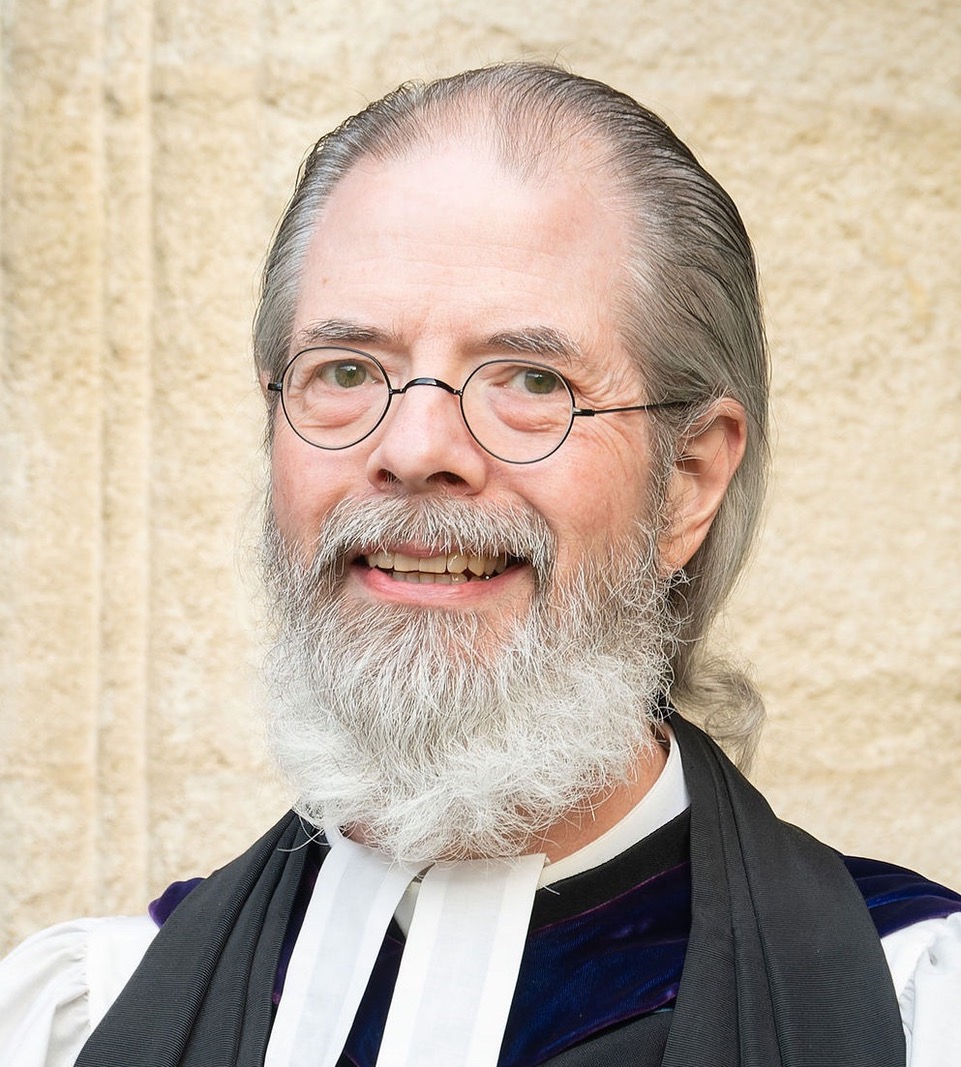Commentary on 2 Timothy 4:6-8, 16-18
The late comedian Mitch Hedberg joked about the difference between truth and the stories we tell: “I like when they say a movie was inspired by a true story, because that’s weird. It means the story is not a true story, it was just inspired by a true story.”1
But Hedberg misses part of the richness of that “inspired” cliché, because part of the force of using the phrase depends on the ambiguity it expresses: It doesn’t mean “not a true story,” but “mixes elements of truth with bits that may not be true.” At any given point, one may be watching a recreation of events that undoubtedly happened, or watching a scene that provides illuminating context without hewing to verifiable events. “Inspired by a true story” doesn’t exclude the truth, but acknowledges that telling the truth can be a tricky business, with some claims and inferences that may be less certain than others (and, of course, some that may be entirely fictitious).
That ambiguity characterizes the literary world 2 Timothy inhabits. If we grant that Saint Paul himself wrote it letter by letter, we should also grant that he includes a lot of material for which he’s the only witness, which other people might dispute. We don’t, for instance, hear Alexander the Coppersmith’s side of the conflict (4:14, omitted from the lectionary). But if we say, “Naw, Paul didn’t write that,” we have to admit that much of the letter contains material that could easily have come from Paul with no threat to critical historical judgment.
All of that applies especially if we think of 2 Timothy in the context of the popular literary genre of a testament, the parting words of a notable (historical or legendary) figure. We have testaments ascribed to Job, to the 12 sons of Jacob, to Solomon, and to many other characters from the Bible; this epistle, with its retrospective summation of Paul’s ministry, with ethical exhortation (typical of “testaments,” but also very characteristic of Paul), and with its anticipation of the imminent death of the figure, represents Paul’s parting advice to Timothy. The impression is even stronger if one reads verses 9–15 that the lectionary omits.
So, in this reading inspired by the true story of Paul’s career as an apostle, the epistle flags the points that he wants to leave with Timothy as the hallmark of his ministry.
First, he depicts the life of discipleship in terms of a conflict, “the good fight,” with the juxtaposition of the repeated “fighting” words (we might try to recapture the Greek word order by reading it as “the good fight fought I,” archaic as that would sound in English) intensifying the sense that Paul sees that only one clash matters. While some read the phrase as a deliberate play on the possibly ambiguous construction “fought the good fight”/”fought well in the fight,” the pattern of the next two clauses tips the balance toward “fought the fight,” to match “finished the race” and “kept the faith.”
Second, with another athletic metaphor, he has run to the finish line—he does not boast about coming in first, but simply asserts that he has not fallen and stopped trying short of the goal. While Paul’s letters do not hesitate (well, they do hesitate, but they go ahead anyway) to specify Paul’s outstanding accomplishments, this letter is content with having finished at all. God, presumably, gave him a particular distance to run, and at this writing he has fulfilled his mission.
And third, shifting away from tropes of physical exertion, he has maintained the faith. As before, Paul might have bragged about spreading the gospel from Jerusalem to Rome (or even Spain), but here he makes no claim greater than that he “kept the faith.” Recent scholarship has developed a strong case for reading words for “faith” as invoking the Greco-Roman virtue of fidelity, trustworthiness, and trust-keeping; in this light, the letter may be proposing that at the end of a long, arduous life of serving Christ, Paul had sustained his reliance on God and had not defaulted on God’s trust in him.
All three of these lapidary phrases point to a way of life that any Christian can follow—not a tick list of goals one might have fallen short of, or on the basis of which one might presume to earn salvation.
The unquestioned Pauline letters can project the image of just the sort of superapostle Paul himself opposed in Corinth: speaking in tongues more than all of us, enduring more suffering than we could, founding congregations through all Achaia and Asia Minor, and with such wisdom that he could understand better than anybody else the deep things of God. But in this testament scene from 2 Timothy (inspired by a true story), Paul reminds Timothy, and us, that the Lord, the righteous judge, will bestow the crown of righteousness not only on high-achieving apostles, but on all those who resist evil, finish their course, and keep a trusting relationship with God—who long for his presence.
Notes
- Mitch Hedberg, ‘Tea Ski,” Do You Believe in Gosh? (Comedy Central Records: 2008).


October 26, 2025